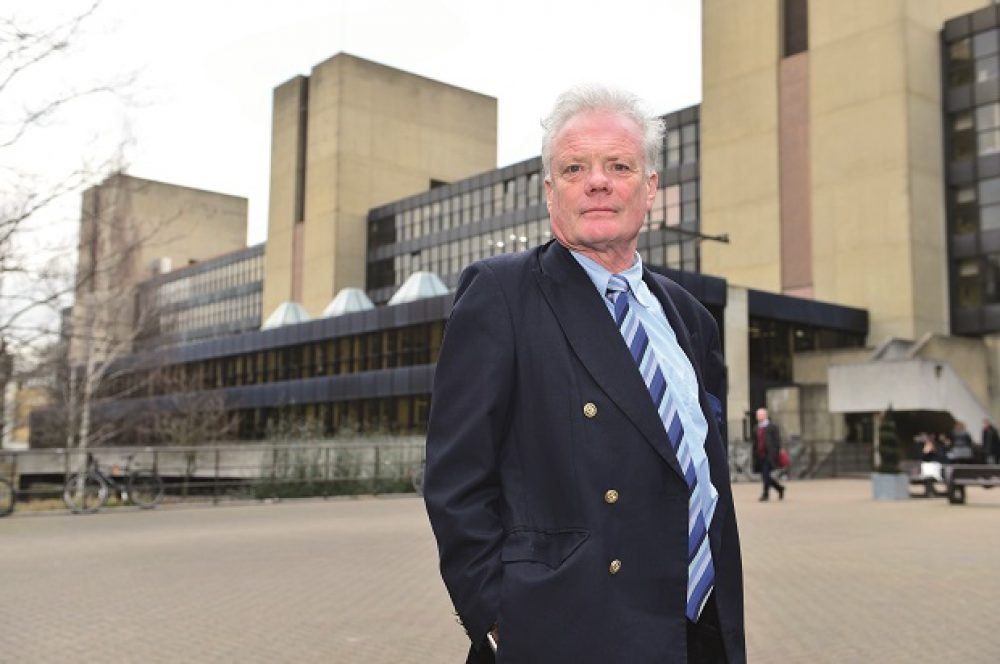A third FE research centre has launched just a year after Professor Lady Alison Wolf decried how the sector was “woefully short of good, up-to-date research”.
The Centre for Post-14 Education and Work, launched by University College London’s Institute of Education (UCL/IoE) on September 21, will undertake research in a number of areas, including technical and vocational education and training, and adult skills, community and lifelong learning.
Centre manager Paul Grainger (pictured above) said it would “look at the relationship of all education to work, including vocational, academic and baccalaureate qualifications, and adult education, to promote a more inclusive curriculum post-14 and in lifetime learning”.
The work of the new centre, said Mr Grainger, would complement that of other sector organisations involved in research, including the Further Education Trust for Leadership (Fetl) and the Centre for Vocational Education Research (CVER). Meanwhile, a fourth research body remains in the planning stages at the Education and Training Foundation (ETF).
Fetl launched last summer in response to the need for “decent independent research for FE-by-FE thinkers and in order to use the knowledge to make better tomorrows for the sector, its leaders and its task”, according to its founding president, Dame Ruth Silver.
Dame Silver said she was “delighted” by the arrival of “fellow travellers” with the aim of providing good quality, independent FE sector research.
The CVER, based at London School of Economics, “aims to become a world-class research hub” focusing on vocational education, according to founding director Dr Sandra McNally.
ETF’s Vocational Education and Training Centre, proposed in response to recommendations from the Commission for Adult Vocational Teaching and Learning (CAVTL) in March 2013, is still in development with no date yet for its launch.
Sheila Kearney, head of research at ETF, said she was “delighted by the growth in research within the sector”. She added that ETF’s own research strategy “complements and supports the work of other partners who share our agenda around a research and evidence-based culture in our sector”.
Julian Gravatt, Association of Colleges assistant chief executive, said: “It’s good there are new centres and new programmes. The key is to ensure the research is good quality, adds to our understanding of issues and isn’t buried when findings are inconvenient.”
Association of Employment and Learning Providers (AELP) chief executive Stewart Segal said: “Policy changes need to be supported by independent evidence-based research. It will be important that any research is integrated with the research initiated by other organisations in the sector such as ETF.”










Your thoughts